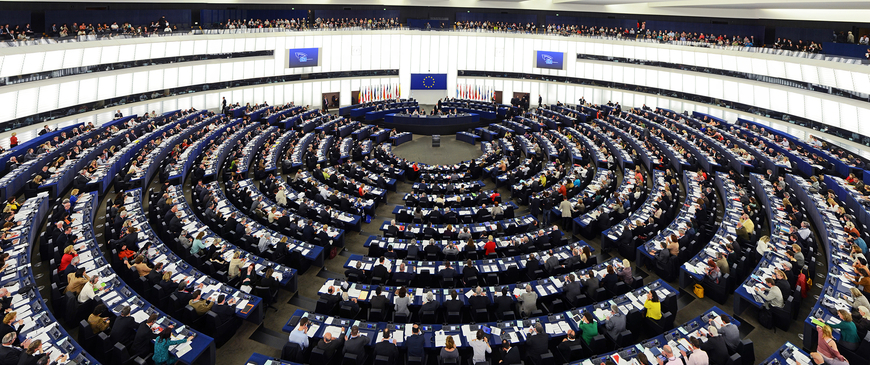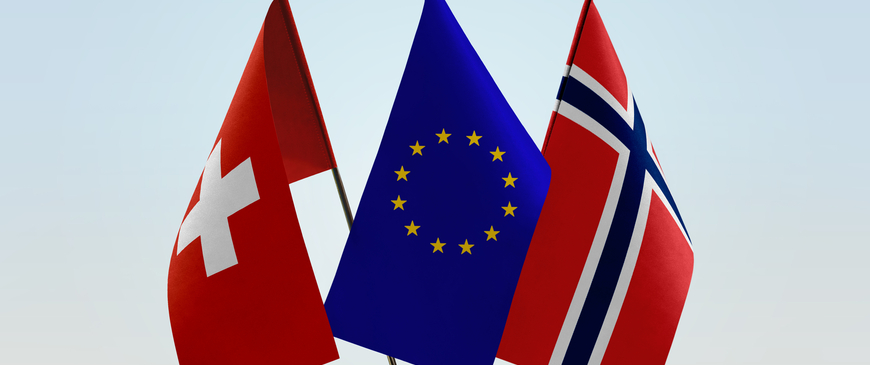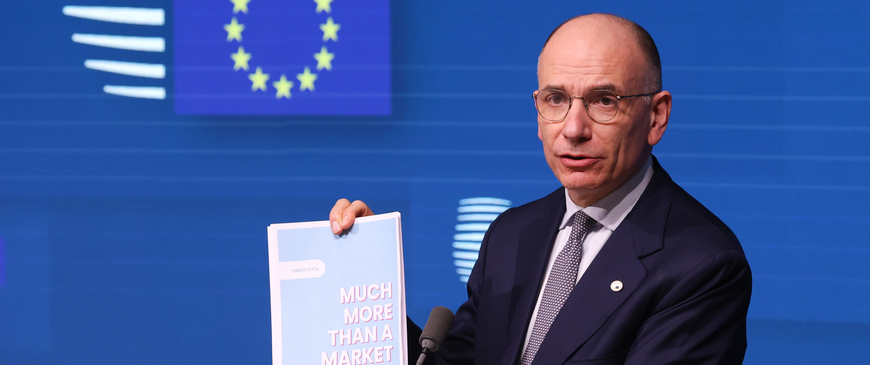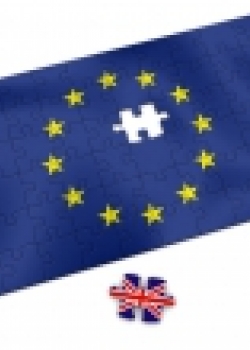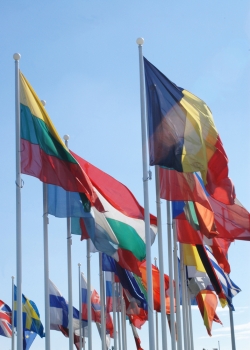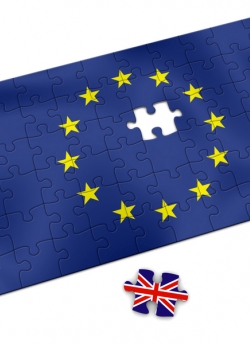Research
Un sale coup pour Blair
30 May 2005
L'Express
Comment réagit-on outre-Manche au non du peuple français?
Beaucoup de Britanniques opposés à la Constitution s'en réjouissent! Chez les conservateurs, dans la presse de droite europhobe, même au sein du Labour, où tout un courant ne veut pas de ce traité. Pour Tony Blair et le gouvernement britannique, c'est au contraire...
Beaucoup de Britanniques opposés à la Constitution s'en réjouissent! Chez les conservateurs, dans la presse de droite europhobe, même au sein du Labour, où tout un courant ne veut pas de ce traité. Pour Tony Blair et le gouvernement britannique, c'est au contraire...
The lure of Beijing
25 May 2005
The Guardian
China's foreign policy establishment likes the idea of the EU. In Beijing, senior ministers turn up to speak at conferences with titles such as "The Future of EU-China Strategic relations".
There is life beyond a European constitution
23 May 2005
Financial Times
A No vote in France's referendum on the European Union constitutional treaty could open up a period of confusion, uncertainty and recrimination.
Si le France rejette le traité, il ne se passera rien
21 May 2005
Liberation.fr
Si les Français votent non le 29 mai, la Constitution europénne est morte. Ni un second référendum en France ni une renégociation du traité ne sont plausibles. Dès lors trois options sont possibles.
La première est qu'il ne se passera rien. Les chefs de gouvernement vont se rencontrer, enterrer le traité...
La première est qu'il ne se passera rien. Les chefs de gouvernement vont se rencontrer, enterrer le traité...
What If the British Vote No?
02 May 2005
Foreign Affairs
In June 2004, the member states of the European Union concluded the negotiation of a treaty that, if ratified, would establish a European constitution that would make substantive changes to the way the union works. For the first time, an individual would be appointed president of the European Council, overseeing...
Europe will survive a French Non
20 April 2005
Foreign Policy
It's easy to argue that the European Union (EU) has been in a state of crisis since its inception more than 50 years ago. France voted “No” to European defense cooperation in 1954 and vetoed British EU membership in the 1960s.
Financial headache
01 April 2005
E!Sharp
Significant progress has been made in liberalising financial services. But Alasdair Murray argues that the EU risks losing sight of the potential economic gains to be made by going further.
A British No would destroy more than the treaty
16 March 2005
Financial Times
If opinion polls are a fair guide, all European Union countries will ratify the new constitutional treaty - except Britain, which seems set to vote No in the referendum due in mid-2006.
Europe: the new superpower
18 February 2005
The Irish Times
The world that emerges in this century will not be centred on the US or the UN, but will comprise a community of regional clubs led by the Europeans, writes Mark Leonard in London.
In the middle of Pennsylvania Avenue in Washington DC, a middle-aged woman with a weather-beaten face and...
In the middle of Pennsylvania Avenue in Washington DC, a middle-aged woman with a weather-beaten face and...
A concrete strategy for mending fences
17 February 2005
International Herald Tribune
For the past several years, the conventional wisdom has been that the United States and Europe have grown apart, that the end of the cold war and 9/11 have produced a strategic divergence that is impossible to overcome.
Get your coat Mr Blair – you've just been asked to leave the EU
17 February 2005
European Voice
There are a host of ifs and buts. But the UK might, just might, be asked to leave the European Union if British voters reject the constitution, warns Charles Grant What if current opinion polls are a good guide to voting intentions in the ten member states that will hold...
Tangerine dream
12 February 2005
Financial Times
The man I went to see in Cairo is now in prison. I had seen Ayman Nur, the leader of Al- Ghad (The Party of Tomorrow), in the pride of his growing fame and success: at the peak of the growth of a movement which he created and which attracts some of the brightest spirits in Egypt; in his home, amid the clutter of his wealth and in the company of a wife who is also a partner in his work.
Turquie-Europe : les dix règles d’or
13 December 2004
Les Echos
L’engagement des négociations en vue de l’adhésion de la Turquie sera un test majeur pour les ambitions européennes en matière de politique étrangère.
Space-age spending holds key to EU's destiny
28 October 2004
European Voice
If Europe wants to become a 21st century global power, it must reach for the stars. In other words, European governments should invest more in satellites and other space-based technologies to boost local high-tech industries, monitor the environment and help to manage military operations.
Space-based technology is becoming increasingly important in...
Space-based technology is becoming increasingly important in...
How China is wooing the world
11 September 2004
The Guardian
In my local curry house I was greeted like a long-lost friend. A huddle of young waiters gesticulated excitedly towards me. Eventually I realised they were pointing at my bag, picked up during a recent trip to China, and emblazoned with the Chinese script for Shanghai.
Why Tony needs help from a Tory
09 September 2004
New Statesman
Each man kills the thing he loves - and so it could be with Tony Blair and Europe. For ten years the Prime Minister has promised to "settle" Britain's ambivalent relationship with the EU.
Counting the cost of climate change
03 September 2004
E!Sharp
Many European businesses are questioning why the EU is prepared to increase costs unilaterally when the benefits of the Kyoto approach to combating climate change appear so limited, writes Alasdair Murray of the Centre for European Reform.
Why collaborate in Europe?
01 July 2004
RUSI
Defence analysts agree that Europe must increase its military prowess. Twenty-five EU governments collectively spend approximately £120bn on defence, which means that the EU is the world's second biggest defence spender after the US.
The US heads home: Will Europe regret it?
26 June 2004
Financial Times
The burning of Bush The US president was once known for his ability to unite factions but, with his foreign policy in tatters around him, he is dubbed the Great Polariser. What went wrong for George W. Bush and his advisers?
It's time to do your homework
17 June 2004
The Guardian
For the past seven years Britain has been led by the most pro-European prime minister since Ted Heath, yet the mood of the country has never been more Europhobic.


